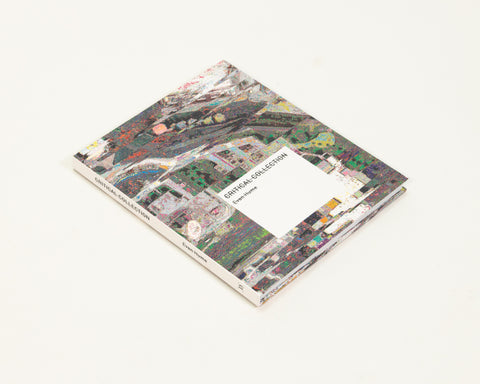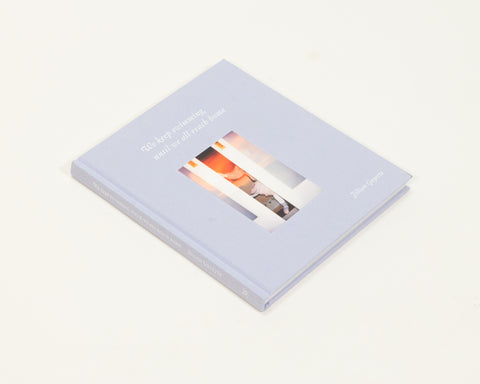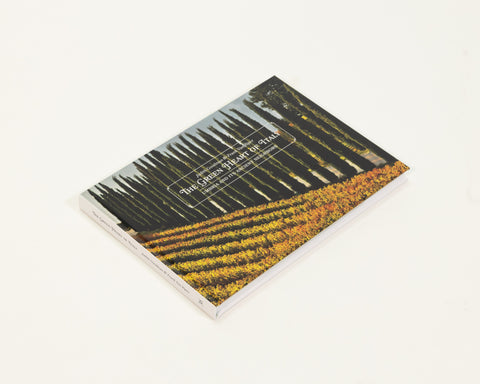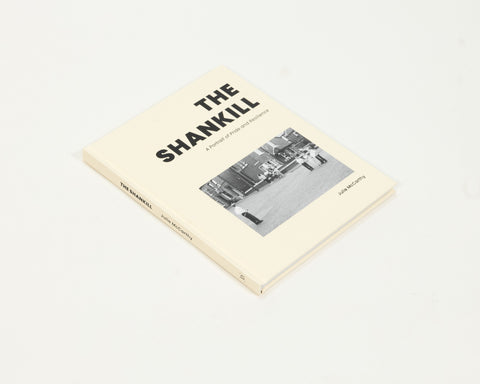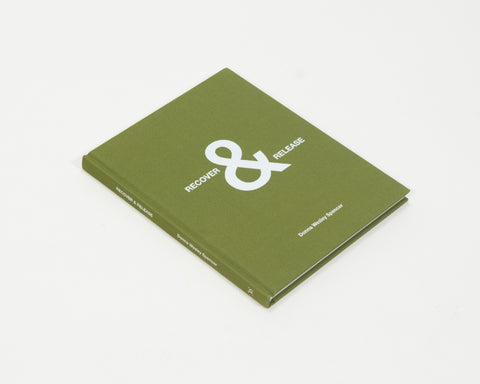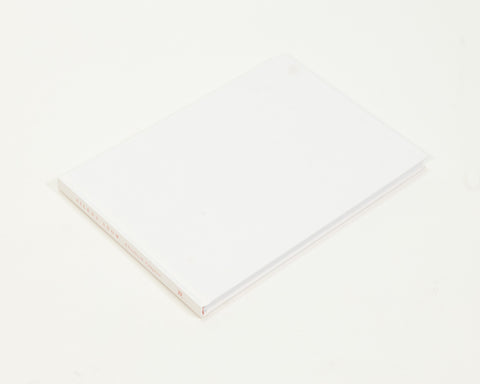Whether you’re an accomplished professional photographer or just a beginner, one of the most important choices that any photographer must make is deciding which camera to use. But with hundreds and hundreds of different digital cameras on the market today, it can often be difficult to sift through this sea of options and settle on a model that best fits your needs. Fortunately, there are some useful and objective tools available online that can help you quickly compare cameras and find one that will work for you.
The FindTheBest digital camera comparison contains more than 600 models and provides information on key data points that should be considered when deciding on a new camera. Here are a couple things to think about when using this camera comparison:
Camera Type: If your primary concern is taking the highest quality photographs possible, then a DSLR camera is almost certainly your best bet. These cameras use a complex interior mirror system that requires a larger body, but delivers unparalleled image quality. However, if you are constantly on the go and looking for a camera that’s highly portable, it may make sense to consider a more compact, “point and shoot” model. These cameras are great for long trips where weight is a concern and can still produce high quality photographs.
Image Sensor: Image sensors more or less act like digital film and generally have a greater impact on image quality than a camera’s resolution. The size of a cameras image sensor determines how much light the camera can capture per pixel. Large image sensors will allow for high contrasts and increased color depth.
Resolution (Megapixels): It is a common misconception that more megapixels directly equate to better picture quality. However, almost all modern cameras offer enough resolution to meet even the highest standards. For this reason, resolution is no longer considered the key metric for digital cameras. It may actually be a good idea to avoid cheap cameras with high megapixel counts, as they often lack the processing power to render high-resolution images quickly.
Price: Some digital cameras cost in excess of $5,000, so it is essential to set a price limit before beginning your search. While high-end, expensive cameras can produce some stunning photographs, most amateur photographers will get comparable results from more reasonably priced models. Unless you are serious about photography and have an interest in selling your work to discerning buyers, it probably isn’t necessary to spend thousands on a new camera.
Choosing a camera is an important process, but it shouldn’t be a stressful one. It is important to remember that no one camera is best for all situations. Different photographers will use their cameras for vastly different purposes. But if you take an objective approach and compare cameras based on relevant metrics, it shouldn’t be too hard to identify an option that is “best” for you.
